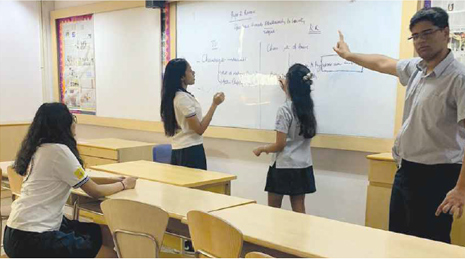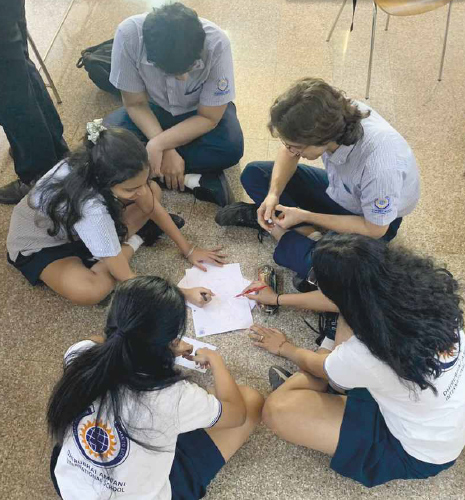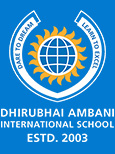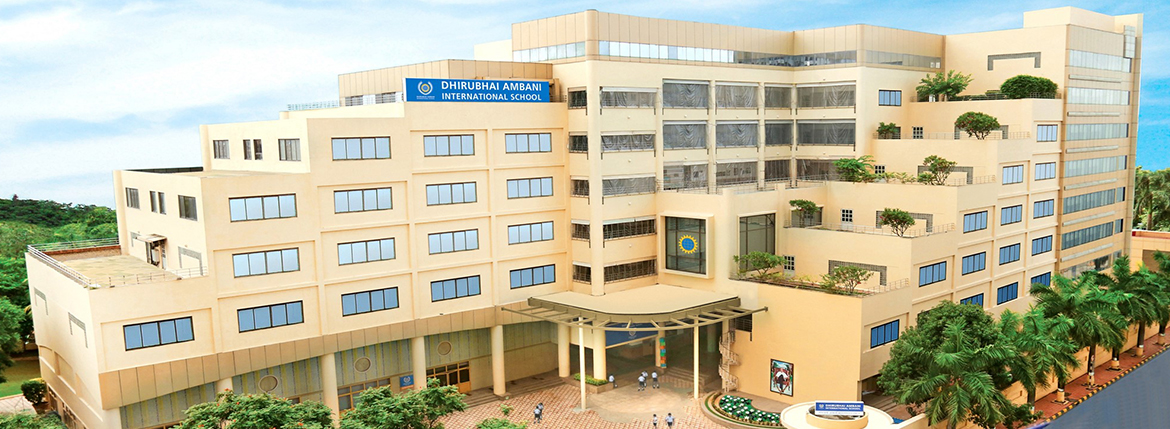The Mirror Project

One of the Grade 12 CAS projects this year was the newly renamed
'Mirror Project', a continuation of last year's 'Bubble Project'. The Bubble
Project aimed to tackle specific issues in school culture by stimulating
dialogue and awareness about social issues. The Mirror Project, our
reimagination of the same goal, had a greater focus on the nature of the
dialogue that ensued, as opposed to the medium by which dialogue was
initiated.

We were only too aware of our lack of qualification to try to therapize our peers, and we were intent on making sure our own ideas about social issues and cultural toxicity were not the only voices heard in the process of getting conversations started. As such, our goals were relatively simple. We wanted to open a discussion, in an intimate and comfortable environment, amongst peers, in order to maintain a discourse about the social realities of our school. We hoped that through the candid discussion, students might reap some amount of emotional benefit and relief, but, only in so far as talking about problems with peers does help. The platform and environment to talk were what we set out to provide. The process of planning the sessions was a month-long undertaking, during which we needed to devise a method of creating a rapport with a relatively small group of students, such that honest discussion about potentially personal factors of their lives could be facilitated. We came up with a range of activities which consisted of sessions of between one and a half and two hours in length. Activities were devised with the goals of rapport-building and atmosphere-settling. It was important that the activities have a crucial essence while maintaining their flexibility, in the event that they needed to be improvised upon. The most challenging part of the process was utilizing all that we knew about the kinds of conversations we wanted to have, and strategically creating an atmosphere where those discussions could take place. We had two sessions with the IGCSE Grade 9 students, both of which were extremely successful. The flexibility of the structure meant that no two groups had the same experience at each session. Each group consisted of seven to nine 9th graders, with one or two 12th graders 'leading' the session, and occasionally participating in discussions. We were able to create a space where honest, frank comments were made, without fear of judgement or reprimand. We were also able to create a comprehensive report outlining the possible role the school could play in improving its social fabric for its students. Sessions were casual, unstructured, and ended largely in success, with feedback consistently indicating that the sessions should take place on a more regular basis. Figuring out how to make that happen, logistically speaking, is likely the next step for the Mirror Project. In the meantime, we are proud of the fact that, to a considerable extent, we achieved our goal of creating a suitable atmosphere and platform for sparking dialogue regarding social issues in our school.

